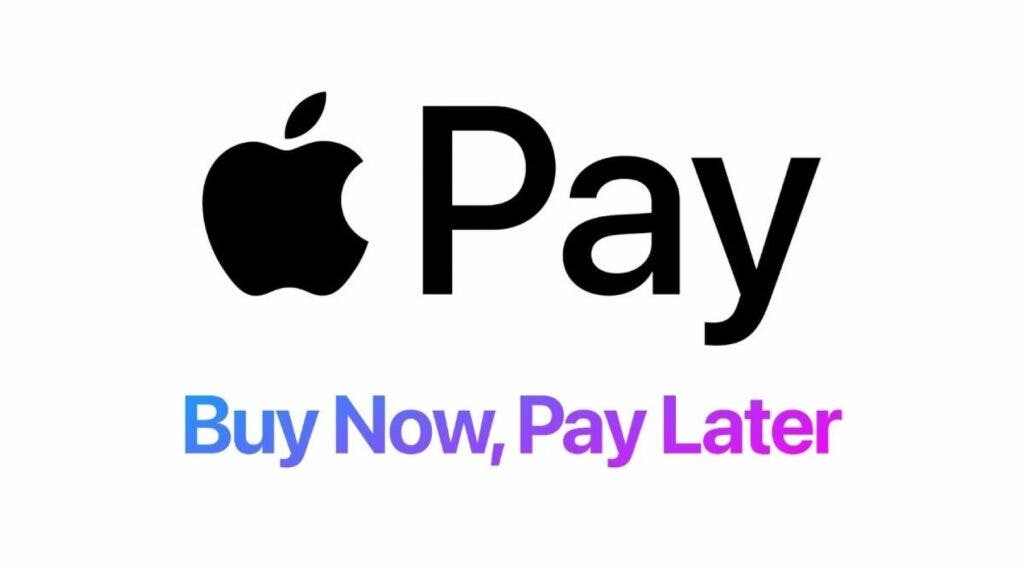For Apple users, they can only download apps from the App Store. Furthermore, to use these apps, they must go through Apple’s payment system. When consuming digital goods and virtual services, Apple will take a 30% commission for businesses with annual income above $1 million. However, for businesses with annual income below $1 million, the company takes a 15% commission. Many consider this fee as “Apple Tax”.
Regular users are also affected by the Apple tax. For example, the membership fee for Apple users is usually higher than that of Android. This means that as Apple tasks the merchant, they in turn tasks the users. The Apple tax has been a controversial topic around the world. In May this year, the European Union filed an antitrust lawsuit against Apple’s payment service. Elon Musk also complained on Twitter about the Apple App Store’s commission mechanism. The Netherlands is also regulating Apple’s tax.
30% is too high – constitutes a de facto monopoly
Liu Xingliang, dean of the DCCI Internet Research Institute, claims that the Apple tax has always been Apple’s cash cow. According to an analysis by CNBC, if the commission rate charged by Apple is uniformly 30%, the App Store’s revenue in 2021 will reach up to $85.71 billion. If Apple’s commission is consistently 15%, the App Store’s revenue last year will hit $70.58 billion.
“I personally feel that 30% is high. I also run a business myself, and the profit is not necessarily 30%. It is still very high when the middleman takes 30%.” Liu Xingliang said.
Zhang Guobin, CEO of Electronic Innovation Network, and Feng Yueping, senior partner of Beijing Jingshi Law Firm, also hold this view. Feng Yueping believes that the 30% ratio is ridiculously high, killing the living space of some companies. These companies will also have to pay other taxes. If these companies don’t have profits, how can they innovate?
Apple 30% commission is not a crime in China
He points out that the compulsory use of the Apple payment system and the 30% commission constitutes a de facto monopoly. However, from a Chinese legal point of view, it does not constitute a monopoly. According to Article 3 of the Chinese Anti-Monopoly Law, monopolistic behaviour generally refers to three types of economic monopoly, including
- Monopoly agreement
- Abuse of dominant market position
- Having or possibly having the effect of excluding or restricting competition concentration of operators.
Liu Xingliang believes that there are no such precedents in China at the moment, but there are many cases around the world. For example, South Korea promulgated the “Electronic Communication Business Law”, which clearly stipulates that application stores such as the Apple App Store cannot force developers to use its in-house payment method. The European Union “Digital Markets Act” was also passed. Thus act stipulates that smartphone users should have the freedom to use payment methods freely. In the Netherlands, the government considers Apple’s App Store behaviours as an outright monopoly.
“The judgment of the Netherlands is of great reference to China, but there is still a long way to go. It is necessary to consider whether the law and the market are mature.” Feng Yueping said.
Zhang Guobin also points out that at present, there are no specific provisions in the Chinese anti-monopoly law that can target the Apple tax. He suggests that relevant departments still need to issue specific regulations as soon as possible. South Korea, the European Union and other countries and regions have set a good example.
Has Apple’s innovation declined?
Relying on the Apple tax, the company make a lot of money. At the same time, there are some controversies about Apple, such as the view that Apple’s innovation in the Cook era is declining.
Zhang Guobin believes that different people have different understandings of innovation, and it is very difficult to do disruptive innovation with the development of technology. Apple in the Cook era still made a lot of innovations, such as computational photography, 3D structured light and other technologies. Apple Watch and AirPods were all launched in the Cook era, creating a new industry.
“The fast charging of Chinese manufacturers may be 120W, while Apple is still 20W. In this comparison, it seems that Apple has no innovation. But in fact, Apple still has a lot of technology in storage, and has made medical layout many years ago, including VR”. In addition, Apple does not have many shortcomings in making products. Although a certain item may not be so high, the average score and comprehensive ability are relatively high. The overall experience is also better.
Different business model
Many people will want to compare Apple with Android brands. However, Liu Xingliang believes that these brands all have different business models. Chinese brands have great progress in some technologies and Apple has been slow with 5G and foldable smartphones, Apple is a strategy for explosive models. Apple does not bring out solutions that are not particularly mature but Android tactics are quite different. “In a single event, Apple can’t win the championship, but it is an all-around champion, and the overall experience is very good.”
Over the past two years, many Chinese manufacturers have also proposed to benchmark against Apple. In Liu Xingliang’s view, Chinese manufacturers should pay attention to R&D investment. He believes that if there is too little R&D investment, it will not work. In addition, electronic products are de-parameterized, and some manufacturers still don’t work this. Liu Xingliang believes that many Chinese brands have a lot to learn from Apple’s comprehensive experience.





